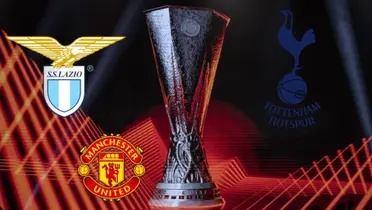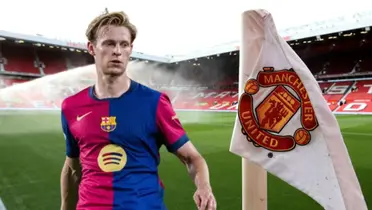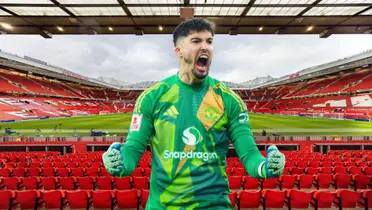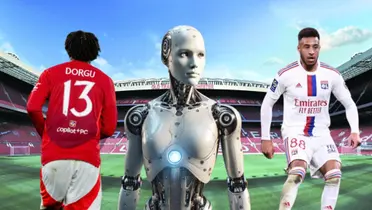Is Manchester United's academy the best in Europe? Comparison with other clubs
Manchester United and its elite academy: Up to the standards of european giants?
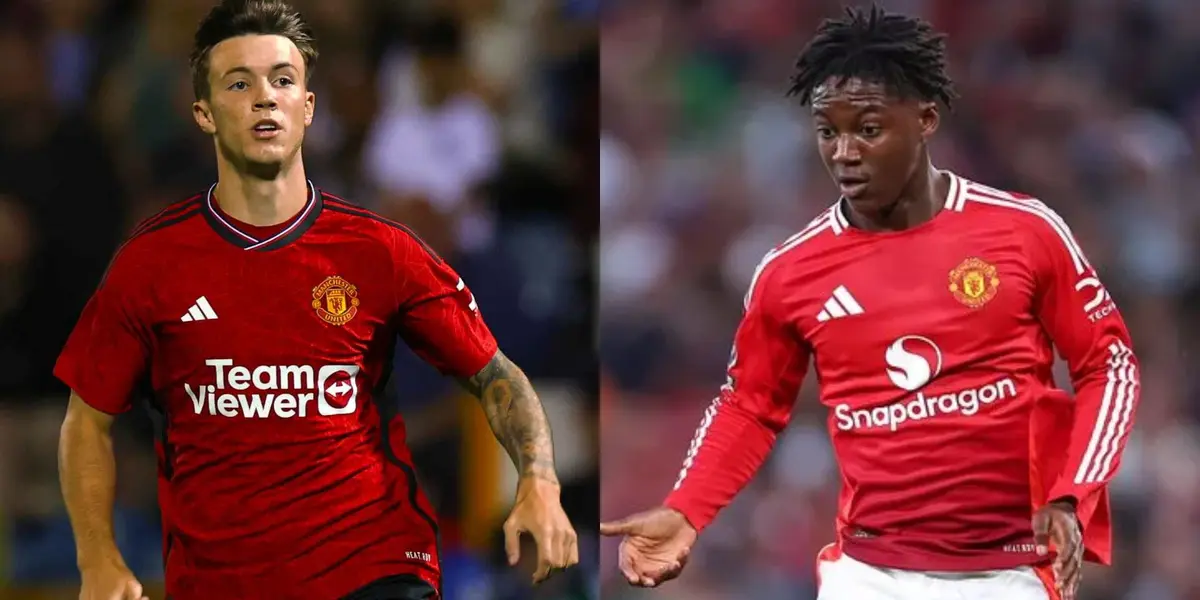
In the world of football, the development of young talents is a fundamental pillar for the success of any club. Academies are the heart of this process, where skills are cultivated and the values that define a team are instilled. In this sense, Manchester United has been historically recognized for its prolific academy, the cradle of stars who have shone at Old Trafford and in the best scenarios of world football.
However, in an increasingly globalized and competitive football landscape, how does Manchester United's academy model compare to other European giants? Does it continue to be a benchmark in the formation of young talents? Throughout this article, we will analyze in detail the Manchester United academy model, comparing it with other renowned clubs in Europe, to determine if its approach continues to be a model to follow in modern football.
The Manchester United academy model: History and philosophy of a winning legacy
The Manchester United academy has a rich history that dates back decades. From the legendary "Busby Babes" to the "Class of '92," the Red Devils academy has been the cradle of iconic players who have left an indelible mark on the club and on English football.
The success of the Manchester United academy is based on a solid philosophy that combines high-level sports training with the personal development of young talents. The club is concerned with instilling values such as discipline, teamwork and passion for football, elements that it considers fundamental to form comprehensive and successful players.
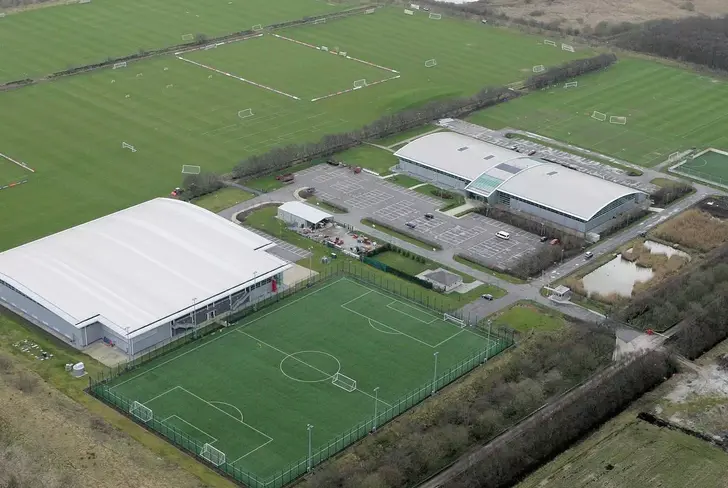
Infrastructure and resources: The foundation of success
To carry out its ambitious talent development project, Manchester United has a first-class infrastructure. Its training facilities, located in Carrington, are among the most modern and complete in the world, with high-quality playing fields, gyms equipped with the latest technology and recovery areas for players.
In addition to infrastructure, Manchester United invests heavily in human resources for its academy. The club has a team of highly qualified coaches, scouts who track talent around the world and support staff who are responsible for the academic and personal development of young players.
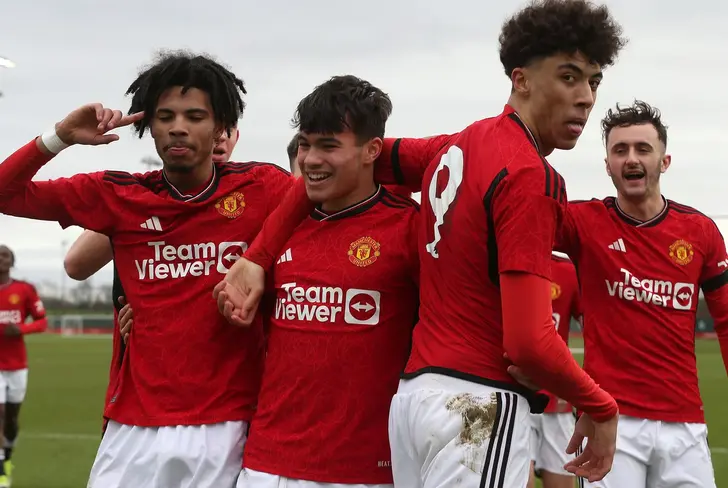
Comparison with the best academies in Europe: How do they differ?
While Manchester United has a renowned academy, it is not the only club in Europe that is committed to developing young talents. La Masia of FC Barcelona, Lezama of Athletic Club, Clairefontaine in France and other academies of clubs such as Ajax Amsterdam or Sporting Lisbon are examples of successful models that have produced world-class players.
Each of these academies has its own characteristics and philosophies, but they all share the goal of training players who can reach the elite of football. In the case of Manchester United, its model stands out for combining tradition and history with innovation and technology, which allows it to remain competitive in the current football scene.
- La Masia: Game philosophy based on "tiki-taka" and comprehensive training of players.
- Lezama: Unique model that focuses on Basque players and fosters a sense of belonging to the club.
- Clairefontaine: National training center that has produced talents for the French national team.
- Ajax: Offensive game philosophy and training of technically gifted players.
- Sporting Lisbon: Academy that has produced players such as Cristiano Ronaldo and Luís Figo.
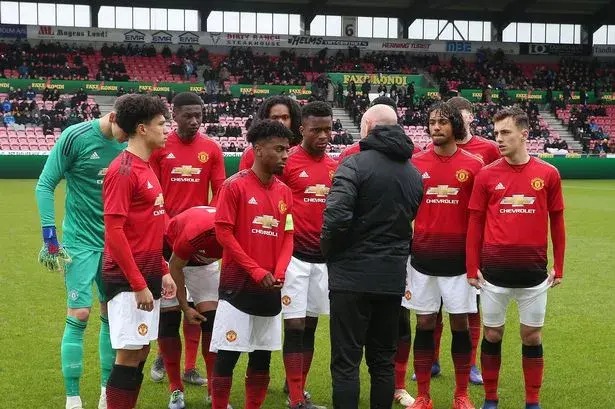
Is the Manchester United academy a sustainable model in modern football?
In today's football, where star signings are increasingly expensive and clubs are looking for alternatives to strengthen their squads, the academy has become a key piece for the sustainability of teams. In this sense, Manchester United has been able to adapt to changes and continue investing in its academy, which has allowed it to nurture its first team with players trained at home.
However, the Manchester United academy model is not without challenges. The competition from other clubs for young talent, the globalization of the transfer market and the need to obtain short-term sports results are some of the obstacles that the club faces in its commitment to training players.
The future of the Manchester United academy: What awaits it?
Despite the challenges, Manchester United continues to rely on its academy as a source of talent and a differentiating element in modern football. The club has ambitious projects to continue improving its player development program, investing in new technologies, expanding its network of scouts and strengthening the relationship with the lower categories.
The future of the Manchester United academy is promising. The club has a generation of young talents who are destined to be the protagonists of world football in the coming years. Players like Alejandro Garnacho, Kobbie Mainoo or Charlie McNeill are some of the names that excite the Red Devils fans and represent the future of the Manchester United academy.
The Manchester United academy model has historically been a benchmark in world football. Despite the challenges it faces in modern football, the club has been able to adapt and continue investing in the development of young talents. While there are other successful academy models in Europe, Manchester United has shown that its approach remains valid and that it can produce world-class players. The future of the Red Devil academy is promising, and the young talents that are emerging from its ranks invite us to dream of a new generation of stars that will shine at Old Trafford.
What you should know about the comparison of academies:
- History and Philosophy: Each academy has a unique history and philosophy that influences its training approach.
- Diverse Models: There are different academy models in Europe, from those that focus on local players to those that seek talent around the world.
- Variable Success: The success of an academy is not measured only by the number of players who reach the first team, but also by their impact on professional football.
- Constant Challenges: Football academies face challenges such as globalization, competition and the need to adapt to changes in modern football.
- Long-Term Investment: The training of elite players requires significant investment and long-term commitment.
More news

The Numbers Don't Lie: Casemiro's Dominance Returns
31/03/2025
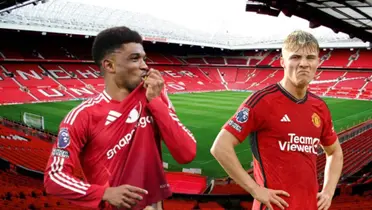
United's Dream Pairing: The Duo Fans Are Eager to See
31/03/2025
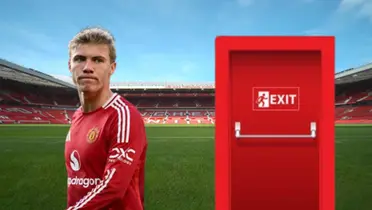
Hojlund's Fate: Will He Stay or Leave Man United?
31/03/2025
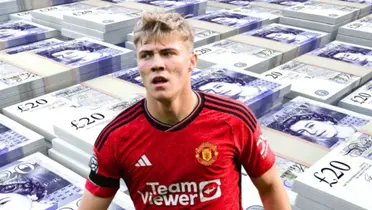
Højlund's Plummeting Value: A Cause for Concern at Man United
31/03/2025
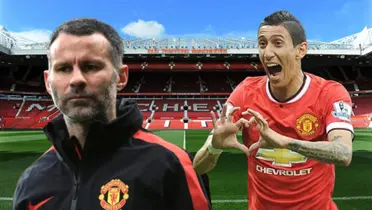
Giggs' Misjudgement: Depay's Free-Kick Hopes Fall Flat
31/03/2025

Man United's Summer Clearout: Players on the Chopping Block
31/03/2025

Financial Divide: Man United's Value Dwarfs Olympique Lyon's Squad Cost
30/03/2025
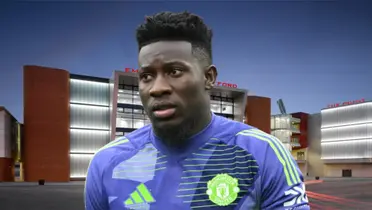
Onana Exit Rumors Swirl: How the Goalkeeper Is Responding
30/03/2025
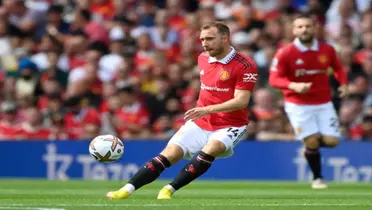
Eriksen breaks the silence about the rumors of not renewing
30/03/2025
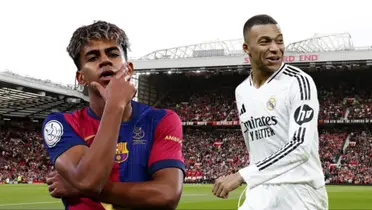
World-Class Player Available: Romano Reveals Transfer Bombshell
30/03/2025

Ugarte's Premier League Insight: Key Differences From Ligue 1 Revealed
30/03/2025
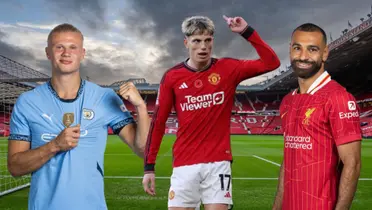
Garnacho Outshines Salah and Haaland: A Stunning Statistical Triumph
29/03/2025
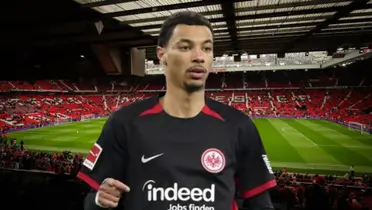
Ekitike's Staggering Stats: Why Man United Are Keen
29/03/2025
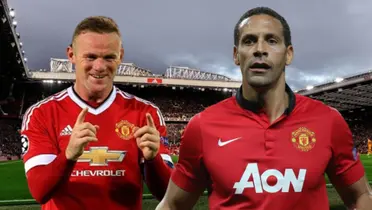
Beyond Legends: The United Player Who Rewrote Investment History
29/03/2025
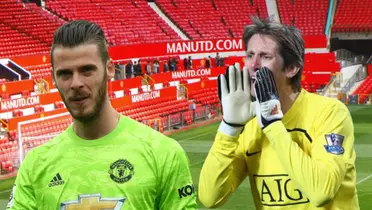
Manchester's Goalkeeping Giants: Who Reigns Supreme?
29/03/2025
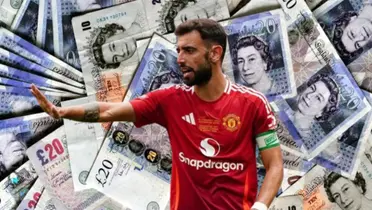
Fernandes' Fortune: Unveiling the Price Tag of United's Captain
29/03/2025
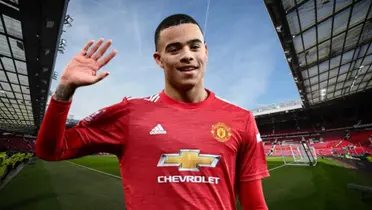
The Manchester United jewel that was rumoured for Barcelona ended up in an exotic league
29/03/2025
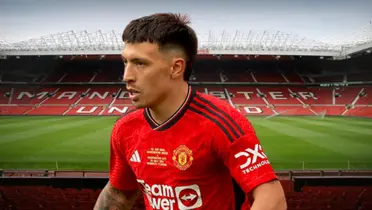
Father's Faith Pays Off: 100 Pound Bet on Son's United Debut
29/03/2025
